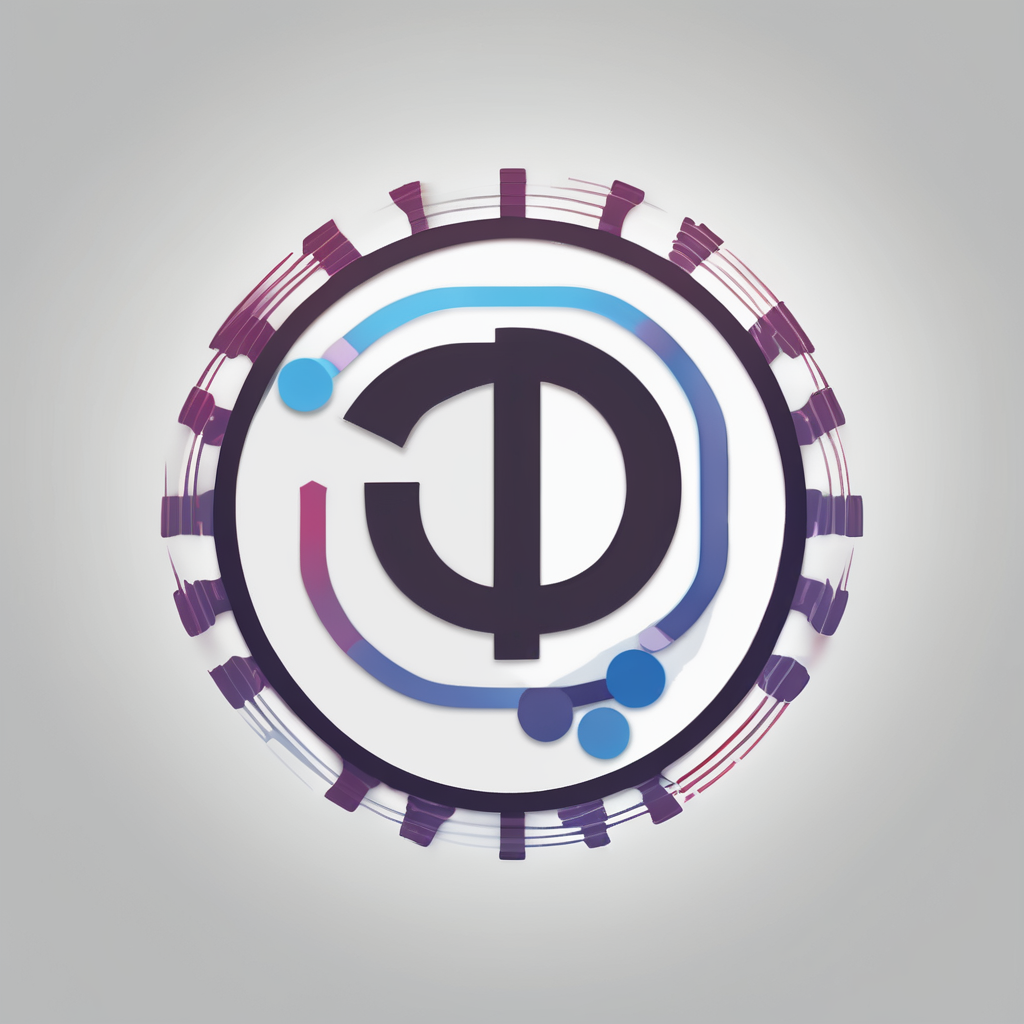Unlocking Efficiency: Top Strategies for Integrating Blockchain into Legal Documentation in the UK
The integration of blockchain technology into legal documentation is a transformative trend that promises to revolutionize the way legal transactions are conducted in the UK. Here, we will delve into the top strategies for harnessing this technology, exploring its benefits, challenges, and practical applications.
Understanding Blockchain Technology
Before diving into the strategies, it’s essential to understand what blockchain technology is and how it works. Blockchain is a distributed ledger technology that allows data to be stored and shared across a network of computers in a secure and transparent manner. This technology is the backbone of cryptocurrencies like Bitcoin, but its applications extend far beyond digital currencies.
In parallel : Unlocking Real-Time Fraud Detection in UK Online Retail: Harnessing the Power of Machine Learning
Key Features of Blockchain
- Decentralized Network: Data is stored across multiple nodes, making it resilient to single-point failures.
- Immutable Ledger: Transactions are recorded in a way that makes them tamper-proof.
- Transparency: All transactions are visible to all participants on the network.
- Smart Contracts: Self-executing contracts with the terms of the agreement written directly into code.
Enhancing Security and Transparency in Legal Documentation
One of the most significant advantages of blockchain technology is its ability to enhance security and transparency in legal documentation.
Secure Document Management
Blockchain-based systems can ensure that legal documents are secure and tamper-proof. Here’s how:
In parallel : Unlocking the Future: Leveraging VR Technology for Project Visualization in UK Construction Firms
- Encryption: Documents can be encrypted and stored on the blockchain, ensuring that only authorized parties can access them.
- Immutable Records: Once a document is recorded on the blockchain, it cannot be altered or deleted, providing a permanent and unalterable record.
- Audit Trails: Every transaction or change to a document is recorded, creating a clear audit trail.
### Example: UK Land Registry
The UK Land Registry is exploring the use of blockchain to enhance the security and transparency of property transactions. By recording property deeds on a blockchain, the registry can ensure that these documents are secure, transparent, and easily verifiable.
Streamlining Transactions with Smart Contracts
Smart contracts are a crucial component of blockchain technology, enabling the automation of complex transactions.
How Smart Contracts Work
- Automated Execution: Smart contracts execute automatically when predefined conditions are met.
- Reduced Intermediaries: Smart contracts can eliminate the need for intermediaries, such as lawyers and notaries, in certain transactions.
- Efficiency: Transactions are processed faster and with greater accuracy.
### Example: Real Estate Transactions
In the real estate sector, smart contracts can automate the transfer of ownership and funds once all conditions of the sale are met. This can significantly reduce the time and cost associated with traditional property transactions.
Improving Supply Chain Management
Blockchain technology is not limited to financial transactions; it can also be used to improve supply chain management in the legal industry.
Benefits for Supply Chain
- Tracking: Blockchain allows for the tracking of documents and assets throughout the supply chain.
- Verification: The integrity of documents and assets can be verified at every stage.
- Efficiency: Automated processes reduce the time and cost associated with manual tracking and verification.
### Example: Document Tracking
Law firms can use blockchain to track the movement of legal documents, ensuring that all parties have access to the most up-to-date versions and that any changes are recorded and verifiable.
Navigating Regulatory Frameworks
The integration of blockchain into legal documentation is not without its regulatory challenges. Here are some key considerations:
Current Regulatory Landscape
- UK Regulations: The UK is gradually developing its regulatory framework for digital assets, with a focus on stablecoins and the use of blockchain in financial services.
- EU Regulations: The EU has implemented the Markets in Crypto-Assets Regulation (MiCAR) and the EU DLT Pilot Regime, providing a more comprehensive framework for blockchain applications.
Compliance and Licensing
- Digital Securities Sandbox: The UK has launched the Digital Securities Sandbox (DSS) to provide a testing environment for firms to innovate with blockchain technology while complying with regulatory requirements.
- Licensing Requirements: Firms operating in the UK must comply with licensing requirements and ongoing reporting obligations, especially when dealing with digital token services.
### Table: Regulatory Comparison
| Aspect | UK Regulations | EU Regulations |
|
|--------------------------------------------------------------------------------|
|
| **Focus** | Gradual, focusing on stablecoins and financial services | Comprehensive, covering crypto-assets and DLT pilot regime |
| **Regulatory Bodies**| FCA, BoE | ESMA, EC |
| **Sandbox Environment**| Digital Securities Sandbox (DSS) | EU Blockchain Sandbox |
| **Licensing** | Licensing requirements for digital token services | Licensing under MiCAR and DLT Pilot Regime |
| **Compliance** | Ongoing reporting requirements | Supervisory guidance and compliance with MiCAR |
Practical Insights and Actionable Advice
For those looking to integrate blockchain into their legal documentation, here are some practical insights and actionable advice:
Engage with Regulatory Bodies
- Pre-application Meetings: Arrange pre-application meetings with regulators to understand the requirements and ensure compliance.
- Industry Engagement: Engage with industry bodies and regulatory bodies to stay updated on the latest developments and best practices.
Choose the Right Blockchain Type
- Public Blockchain: Suitable for transparency and decentralization but may lack the privacy needed for some legal transactions.
- Private Blockchain: Offers greater control and privacy but may be less decentralized.
- Consortium Blockchain: A hybrid model that balances decentralization and privacy, often used in enterprise settings.
Develop Clear Guidelines
- Legal Framework: Collaborate with legal experts to develop clear guidelines and standards that align with existing laws and regulations.
- Data Privacy: Ensure that data privacy and security issues are addressed, particularly when dealing with sensitive legal documents.
Future Trends and Use Cases
As blockchain technology continues to evolve, here are some future trends and use cases to watch out for:
Increased Use of Smart Contracts
- Complex Transactions: Smart contracts will become more sophisticated, handling complex transactions such as property sales, leasing, and property management.
Enhanced Data Analytics
- Market Insights: Blockchain’s transparency will enable real estate professionals to gain valuable insights into market trends, property values, and consumer behavior.
Tokenization of Assets
- Digital Tokenization: The tokenization of funds, tangible assets, and digital art will become more prevalent, offering new investment opportunities and efficiency in asset management.
### Quote: CMS Law Firm
"Blockchain and crypto are no longer just buzzwords. They are here to stay. As the global adoption of these technologies accelerates and their application grows wider, so does the need for expert legal guidance to navigate the complex landscape they bring."
Integrating blockchain technology into legal documentation in the UK is a promising development that offers enhanced security, transparency, and efficiency. By understanding the key features of blockchain, leveraging smart contracts, navigating regulatory frameworks, and adopting practical strategies, law firms and legal professionals can unlock the full potential of this technology.
As the legal industry continues to evolve, it is crucial to stay informed about the latest developments and best practices in blockchain integration. Whether you are an innovator, investor, or business leader, embracing blockchain technology can help you stay ahead in the digital economy.
In the words of a leading legal expert, “The future is here. Let’s shape it together!”.











